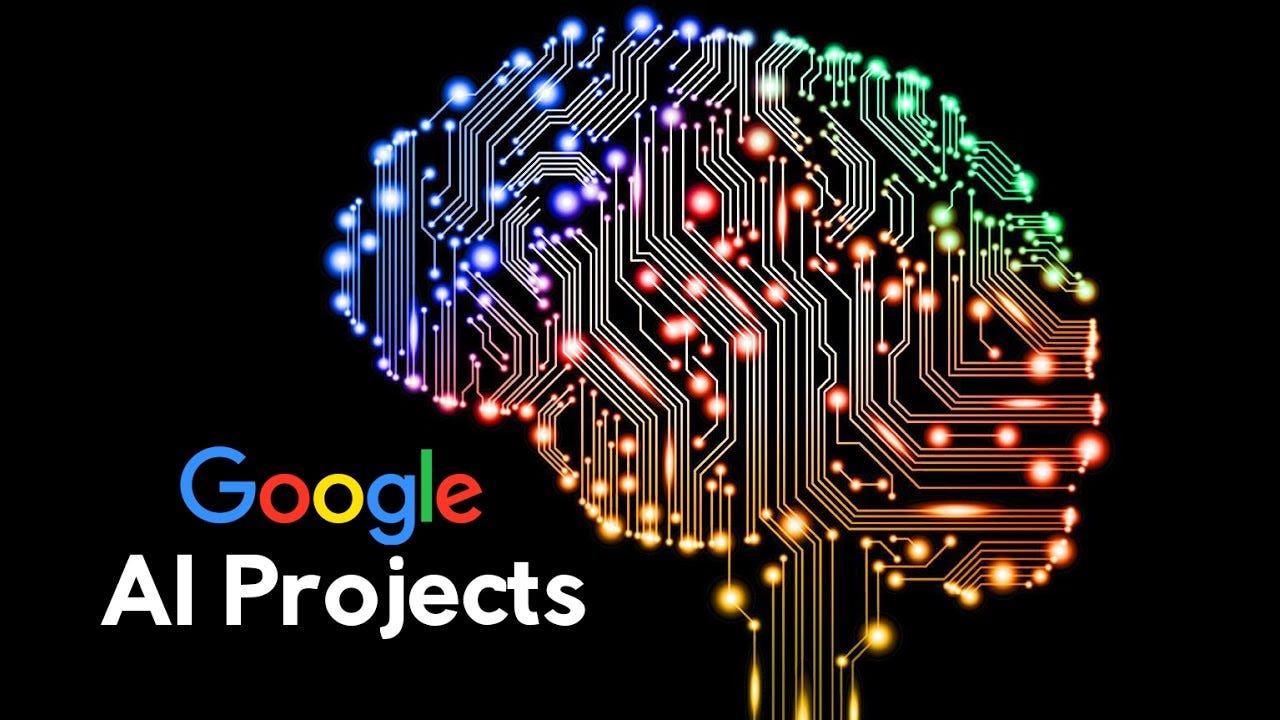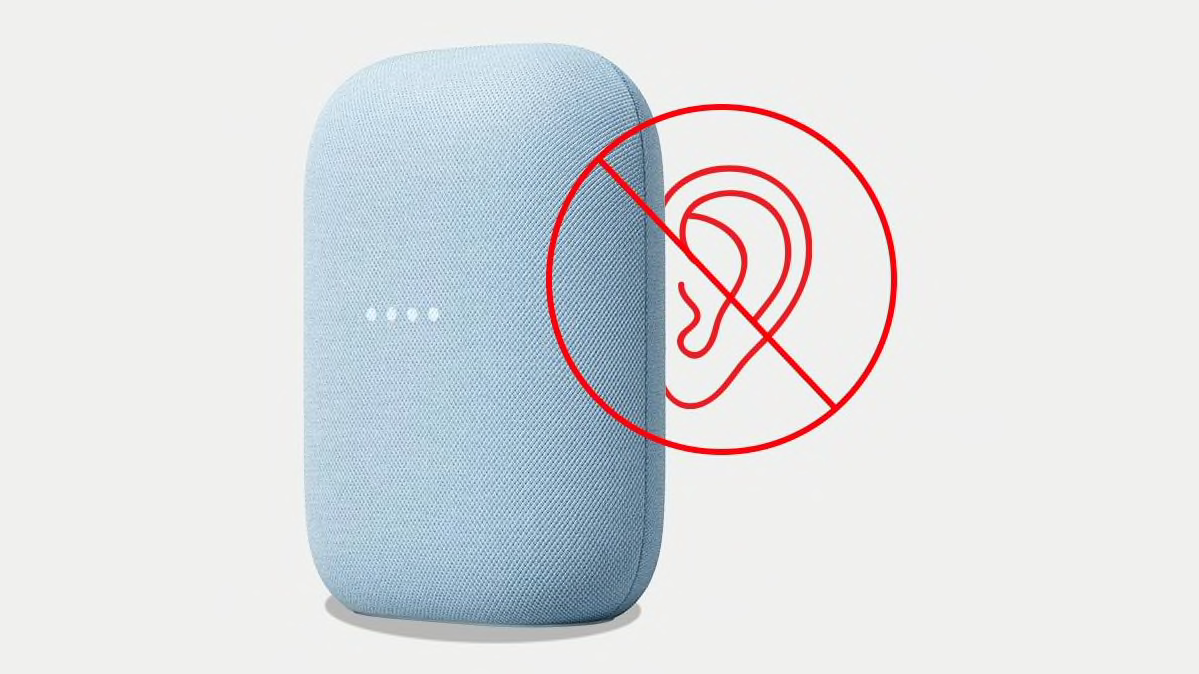Intro to Google AI Privacy
This blog will focus on Google artificial intelligence (AI) technology and how it relates to consumer privacy concerns. Google will be the main company mentioned in regard to AI privacy. This blog is intended to provide more in depth and specific information on this topic and include important and relevant content to Google AI users.
Posts will be worded in an easy to understand format without going into high level technical terms that are difficult for the average reader to comprehend. Google products and services including Google Assistant, Google Cloud, YouTube and Google Maps will be covered in relation to privacy concerns.
Artificial intelligence has begun to transform entire industries from health care to cybersecurity and more. Beyond the corporate landscape, AI has been integrated into our apps and the personal assistants in our phones are powered by AI. At Google specifically, they are conducting research and applying AI to new products and developing the tools so that everyone can access AI. But as this technology becomes more prevalent, privacy remains an unsolved challenge in the tech industry, particularly where regulation and compliance are concerned. Google has been one of the companies linked to reports uncovering the potential misuse of recordings collected to improve assistants like Siri and Google Assistant.
Throughout this blog, we hope readers learn new information about Google AI privacy and can be more informed as consumers. Next in this blog we will cover
Google Cloud. Google Cloud is a suite of cloud computing services that runs on the same infrastructure that Google uses internally for its end-user products such as Google Search, Gmail and YouTube. Google Cloud also consists of physical assets such as computers and hard disk drives that are contained in Google's data centers around the world.
Google Cloud
Google Cloud services come with any Google account that is made with: Gmail, Google Slides, Blogger, Google Sheets, etc. The Google platform includes services for computing, application development, and storage that run on Google hardware. This service can be accessed by professionals, administrators, and software developers. Software developers and other IT professionals can access this service through a public internet from a dedicated network connection.
Google Cloud Services does feature some high security at scale when considering that Google is the biggest search engine, that does seem to bring some comfort to people. This system includes a vertically integrated security model which has a unique capability to innovate and to keep the organization secured.
Google Assistant Privacy
The new Guest Mode setting limits the speaker's ability to collect user interaction data with Google Assistant on the speaker while keeping the main functionality. The speaker can still play music, set timers, control smart home devices and take questions. This mode can be activated by saying "Hey Google, turn on Guest Mode."
Guest Mode can be used when guests are over to protect their privacy but it can also be used to protect your own personal data because the setting limits data collection. The limitations of Guest Mode include preventing Google Assistant from using account information from a contact list or calendar and also limits the speaker's personalization.
But if you are using a function within your speaker that accesses and outside application like Spotify or Amazon, those apps are probably collecting information about your activity even if the smart speaker isn't in Guest Mode.
Normally, a smart speaker collects what you say and keeps it as an audio file and written transcript. Google does let you see and delete these recordings/transcripts or set up the speaker so that they are deleted automatically. The speaker does still keep a log of the user's activity to build a behavioral profile even when recordings aren't being saved. In Guest Mode, the speaker does not keep a record of those interactions.
Google did updates where
Google Assistant can now answer questions about security Consumers can ask "Hey, Google, how do you keep my information private?" for example and also ask Google to delete something they just said. Google is updating settings to provide users more control over their privacy with AI like Google Assistant, but it is important for consumers to stay up to date and continue learning about new updates and policies within Google consumer privacy. Google AI privacy concerns will continue to arise as new technologies come out.
Google Photos
Google Photos is available for download on any device. Users can securely back-up photos and videos to the application and access them anywhere. Photos are automatically organized so that users can utilize the search feature to easily find the photo they are looking for. Photos, videos, and albums are also shareable with other Google accounts. Google Photos is positioned to become the easiest and most efficient tool for managing a wide media collection, attributable to all of these features and limitless storage.
The data gathered from a photo, on the other hand, has the ability to be much more sensitive than that found in an email. Google Photos for Android has been modified with a new feature that allows users to inform Google about the contents of their photos. Google can enhance its object recognition algorithms by marking these pictures, making Photos more useful. It's a virtuous cycle of AI growth that's better followed by software powerhouses like Google, who have huge quantities of data and users. Although Google has a lot of pictures of objects that it has indexed around the web through its search engine, it really doesn't have a lot of knowledge about how people look.
Google must examine a photo subject's facial structure to produce a distinctive "faceprint" for them in order for the Photo app's sharing and tagging features to function. Of course, the ability to instantly categorize people, places, and things is the whole point of Google Photos and facial recognition aids in that effort. However, as Google's AI techniques advance, the organization is creating an ever-increasing web of relational data about the world.
The AI technology used in Google Photos is now organized under a broad-machine learning framework known as
TensorFlow, an open-source software library for machine learning that lets researchers, engineers, and enthusiasts exchange ideas quickly through code. And that, in turn, will accelerate research, making the technology work better in general.
Google Maps
Google Maps has completely transformed the way we view the functions of a map, and artificial intelligence (AI) is to thank for this. Google has implemented many added features that makes driving and planning your trip easier, such as adding live traffic information, showing where you are along your route, and new features like Live View. Also, Google Maps uses predictive analytics to predict how traffic will look in the near future based on past traffic patterns. Another way that Google uses predictive analytics is by predicting where you are going based on where you spend lots of your time. This brings up the issue of privacy concerns with Google Maps, because some users fear that their location can be used in unethical ways.
Privacy issues and concerns about Google Maps comes from the use of shared personal locations with the app. Further, many users don’t feel comfortable having their homes and personal locations viewable from Google Street View . Although there is a process where you can have your residence removed from the Street View feature, Google still tracks your location information down to the date and time you were at a specific location. This detailed analysis makes Google Maps’ access to a device’s location controversial.
YouTube
From finding the most helpful and shortest DIY videos to singing a long with lyric videos from our favorite K-Pop bands, YouTube can be used for a variety of reasons. This product of Google, acquired in 2006, has grown to being one of the biggest media platforms in the world. However, the average user most likely doesn't consider the Artificial Intelligence (AI) used to make it operate. To begin with, it uses AI to automatically remove any questionable content. This aligns very much with their mission to keep their platforms as clean as possible since the ages among consumers varies. However, the AI powered algorithm is not perfect. As a result, it has prevented big headline videos from being published. So, YouTube does have full-time human specialists to make up for these mistakes.
Second, the AI allows for special video effects without the need for fancy and expensive equipment. This is done by the algorithm being capable of learning patterns to match up the effects with the video. Third, YouTube's "Up Next" feature runs completely off of AI because of the fact that the recommended videos to watch next is provided while also considering the new data that is consistently being uploaded. To be exact, 300 hours of videos is uploaded every minute on YouTube.





